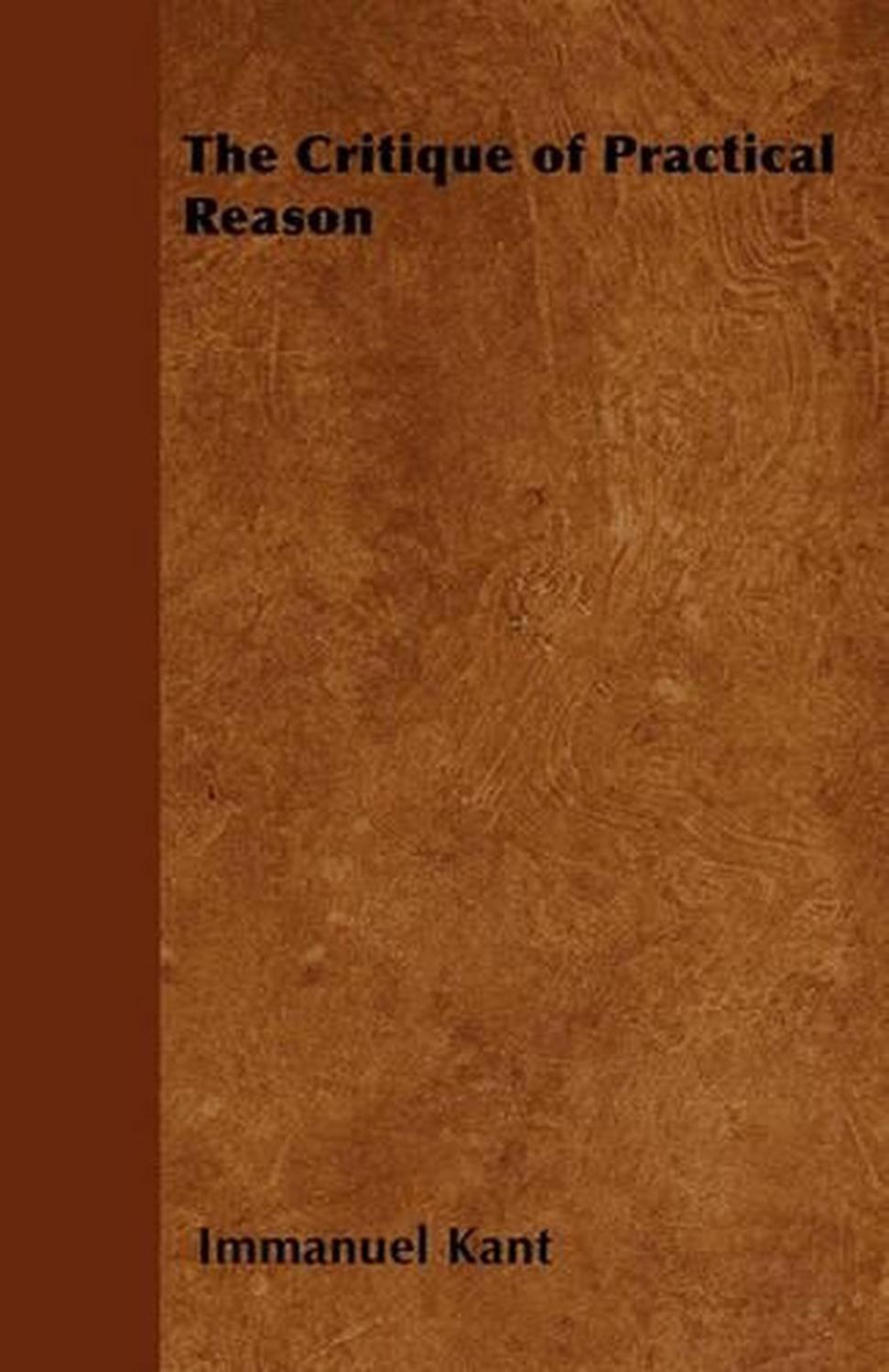The Ethics of Book Reviewing: Navigating the Fine Line Between Criticism and Personal Attack
Book reviews play a crucial role in the literary world, providing readers with insights into new releases and helping authors refine their work. However, the line between legitimate criticism and personal attacks can be a fine one, and unethical book reviews can have far-reaching consequences.

The Ethical Dilemma
Book reviewers have a responsibility to provide fair and objective assessments of literary works. However, personal biases and prejudices can sometimes cloud their judgment, leading to reviews that are more focused on attacking the author than offering constructive criticism.
- Unethical book reviews can damage an author's reputation and discourage them from continuing to write.
- They can also mislead readers and prevent them from discovering worthwhile books.
Ethical Considerations For Book Reviewers
To ensure that book reviews are ethical and constructive, reviewers should adhere to the following principles:
Objectivity And Fairness
- Reviewers should approach books with an open mind, avoiding personal biases and prejudices.
- They should focus on the literary work itself, rather than the author's personal life or beliefs.
- Reviews should be based on a careful reading of the book, and reviewers should avoid making generalizations based on a few isolated passages.
Respect For The Author
- Reviewers should treat authors with respect, even when offering criticism.
- Personal attacks on authors are never justified, and reviewers should avoid using insulting or derogatory language.
- Reviews should focus on the work's strengths and weaknesses, rather than the author's personal characteristics.
Constructive Criticism
- Constructive criticism is essential for helping authors improve their work.
- Reviewers should provide specific and actionable feedback, explaining why they liked or disliked certain aspects of the book.
- They should also avoid making vague or general criticisms that do not help the author identify areas for improvement.
Avoiding Personal Attacks
- Reviewers should focus their criticism on the literary work itself, rather than the author.
- They should use respectful and professional language, avoiding insults and personal attacks.
- Ad hominem attacks, which are attacks on the author's character or personal life, are never justified.
Promoting Ethical Book Reviewing
To promote ethical book reviewing, the following measures can be taken:
Reviewer Accountability
- Reviewers should be held accountable for their actions.
- Mechanisms should be in place to allow authors to respond to negative reviews and to hold reviewers accountable for unethical behavior.
Reviewer Education
- Reviewers should receive education on ethical reviewing practices.
- This education could be provided through workshops, online courses, or mentoring programs.
Reader Awareness
- Readers should be aware of the potential biases and ethical issues in book reviews.
- They should be able to identify ethical and unethical reviews, and they should be encouraged to support reviewers who uphold ethical standards.

Ethical book reviewing is essential for maintaining the integrity of the literary world. By adhering to ethical principles, reviewers can help authors improve their work, inform readers about new releases, and promote a healthy literary culture.
Reviewers have a responsibility to uphold ethical standards in their work. By avoiding personal attacks, offering constructive criticism, and respecting the author, reviewers can make a positive contribution to the literary world.

YesNo

Leave a Reply